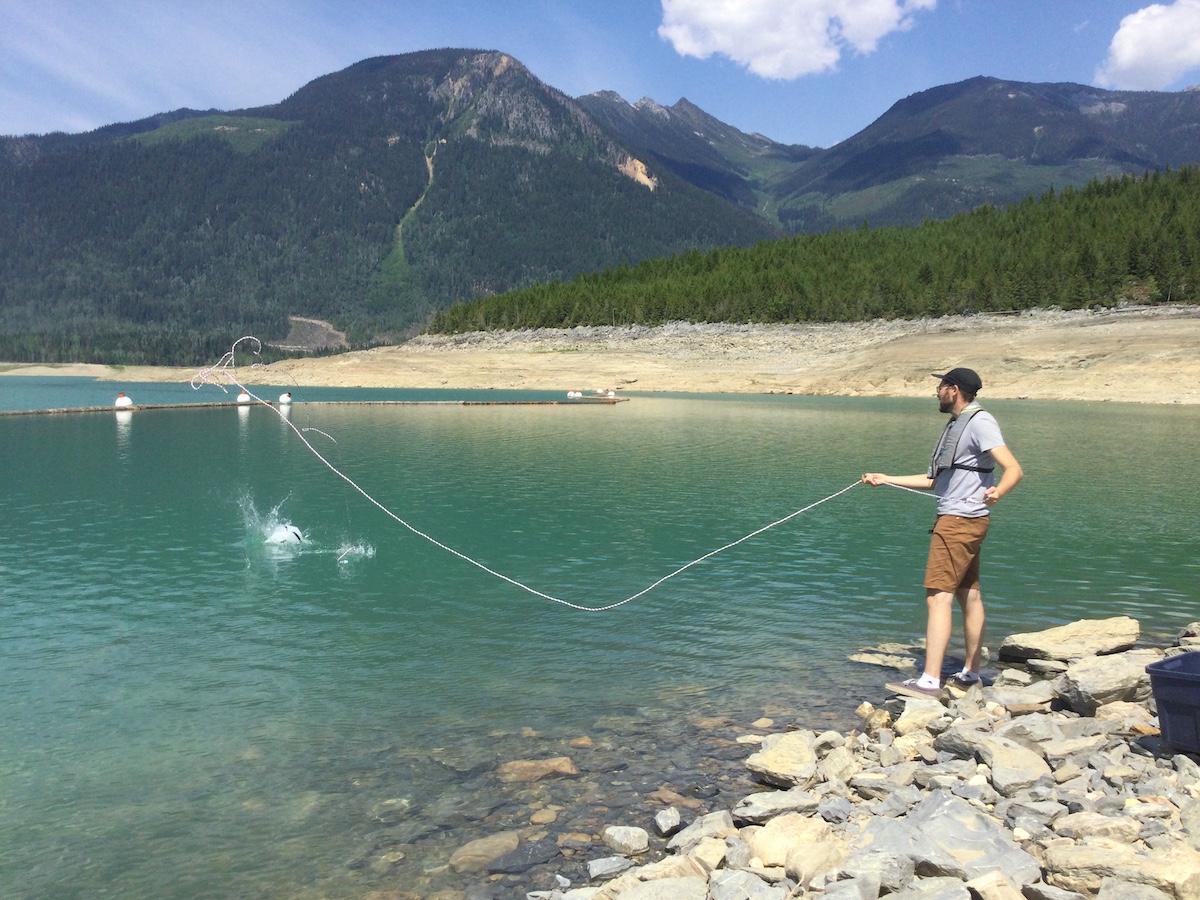The Shuswap Watershed Council (SWC) and the Columbia Shuswap Invasive Species Society (CSISS) are raising the alarm about recent discoveries of invasive Zebra and Quagga mussels.
Quagga mussels have been detected in the Snake River at Twin Falls, Idaho. This new detection, confirmed by the Idaho State Department of Agriculture in September, is the first of its kind in Idaho and the closest known presence of invasive mussels to BC.
The Snake River is a tributary to the Columbia River, creating concern that if the quagga mussels can’t be eradicated they could drift downstream to infest the trans-boundary Columbia. Authorities in Idaho have enacted a quarantine, banning boaters, hunters and fishers from being on the Snake River to prevent further spread of the mussels. Additionally, a molluscicide is being used to treat the river in an effort to kill the invasive mussels – a treatment which, unfortunately, bears side effects of killing fish and plant life. Yet, authorities are acknowledging that this is a better option than allowing the Quagga mussels to take hold.
Closer to home, the Province of BC reports that the Invasive Mussel Defence Program, which includes the operation of eight watercraft inspection stations around BC, has intercepted 10 mussel-infested watercraft between April 1st and August 14th. The infested watercraft were from Ontario, Michigan, Nevada, and South Carolina and were bound for the Okanagan, lower mainland, and Thompson-Nicola regions.
The Shuswap Watershed Council has shared their concerns about invasive mussels with the Province of BC. In a letter dated November 2nd, the SWC urges the Province to establish more watercraft inspection stations and require all watercraft coming into BC be inspected prior to launching. The letter also asks the Province to enact new ‘pull-the-plug’ legislation that would require watercraft owners to pull the drain plug prior to travelling on BC roads.
“We are very concerned a watercraft infested with Zebra or Quagga mussels will enter BC via an unchecked route or outside of station operating hours,” says Erin Vieira, Program Manager for the SWC. Vieira says that at one time the Province operated 12 watercraft inspection stations; this year there are six inspection stations set up highway-side around BC’s perimeter and two roving stations.
The primary way that Zebra and Quagga mussels spread is via watercraft and other water gear. Adultmussels attach themselves directly, and juvenile mussels float freely in trapped water within boats and other items. The mussels can survive a long journey from one waterbody to another attached to watercraft, despite being out of water for several days.
Once introduced to a waterbody, the mussels wreak havoc on aquatic ecosystems and on underwater infrastructure. A report published by the Province of BC in May estimates an annual cost range of $64 – $129 million to deal with the impacts of invasive mussels in BC. These costs would be borne by tax-payers, business and property owners for regular maintenance on hydro and water supply infrastructure, agriculture and golf course irrigation, maintenance to boats and marinas, lost revenues from the tourism industry, and loss in property values.
“Preventing the spread of invasive mussels is key. Watercraft users should clean-drain-dry and stop for watercraft inspection whenever they travel – that includes boats, paddleboards, kayaks and canoes, inflatable dinghies, personal watercraft, and more,” says Robyn Hooper, Executive Director for CSISS. “All it takes is one contaminated boat or watercraft launching into BC waters, and our freshwater could be altered forever.”
CSISS commenced its monitoring program for Zebra and Quagga mussels in the Shuswap in May, checking the water for juvenile invasive mussels dubbed ‘veligers’. The monitoring program ran until October 11 and involved collecting samples from 25 sites on 15 different water bodies. Over the course of the monitoring program, a total of 137 samples were collected. All samples have been analysed in a lab and there have been no detections of Zebra or Quagga mussels within the Columbia Shuswap region.
“The threat of invasive mussels is never going away,” says Vieira. “Our organizations are committed to continuing with our work to monitor, educate and advocate for better protection measures from the Provincial and Federal governments in order to minimize the risk of an invasion.”
Photo included [CSISS technician Nolan sampling for ZQM 2023.jpg]. Photo credit: Columbia Shuswap Invasive Species Society.









